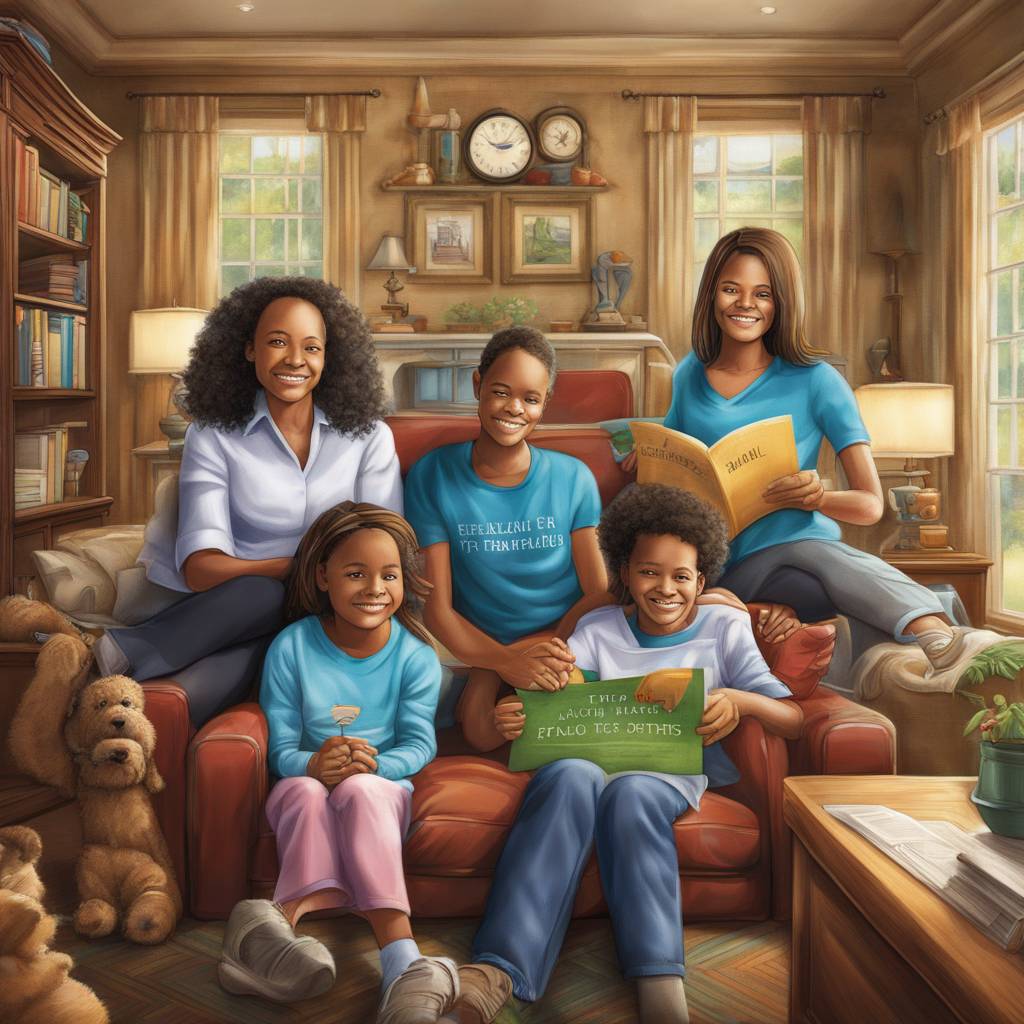The traditional concept of marriage in the United States comes with a wide array of rights and benefits, such as health care, tax breaks, and citizenship. However, the reality is that less than 18% of American adults today fit the mold of being in their first marriage living in a nuclear family with kids. To address this disparity and normalize a wider array of family options, Diana Adams, founder of the Chosen Family Law Center in New York City, has been advocating for changes in the legal definition of family to support diverse family structures.
Adams has been a long-time advocate for updating the legal definition of family to support queer families. While the push for same-sex marriage has been successful in the LGBTQIA+ legal movement, there are still many unmarried people who are excluded from essential benefits. Marriage confers over a thousand different rights and responsibilities under U.S. law, but there are better ways to create stability beyond marriage, especially considering the changing demographics of American families.
Adams believes that allowing individuals to choose how they want to form their families is a feminist issue and a matter of bodily choice. Creating family structures that go beyond the traditional nuclear family can actually strengthen marriages and provide mutual support. Platonic co-parenting, collective housing and childcare cooperatives, and extended care networks within households are some of the options that people are considering as alternatives to traditional family structures.
Chosen Family Law Center, founded by Adams in 2017, has been working to advance legislation in New York to include multi-partner configurations and protect the privacy of transgender individuals receiving legal name changes. Additionally, Adams has been involved in the Polyamory Legal Advocacy Coalition, drafting model ordinances for municipalities to support diverse family structures. By advocating for family status non-discrimination laws, Adams aims to challenge the outdated notions of what constitutes a family in society.
Adams emphasizes the importance of providing stability for children, but challenges the idea that stability can only come from a traditional married mother and father. Extended and multi-generational families can also provide stability and support for children, as numerous psychological studies have shown. By building unlikely alliances and collaborating with diverse groups, Adams hopes to raise awareness about the need to update laws and policies to reflect the reality of modern family structures.
To normalize a wider array of family situations and care structures, Adams suggests starting by being more mindful of the circumstances of those around us. By creating inclusive spaces, trusting each other, and checking in with single individuals to ensure they feel supported, we can begin to dismantle the societal norms that limit the definition of family. Ultimately, advocating for policies that support all children, parents, and individuals regardless of their family structure is essential for creating a more inclusive and supportive society.













